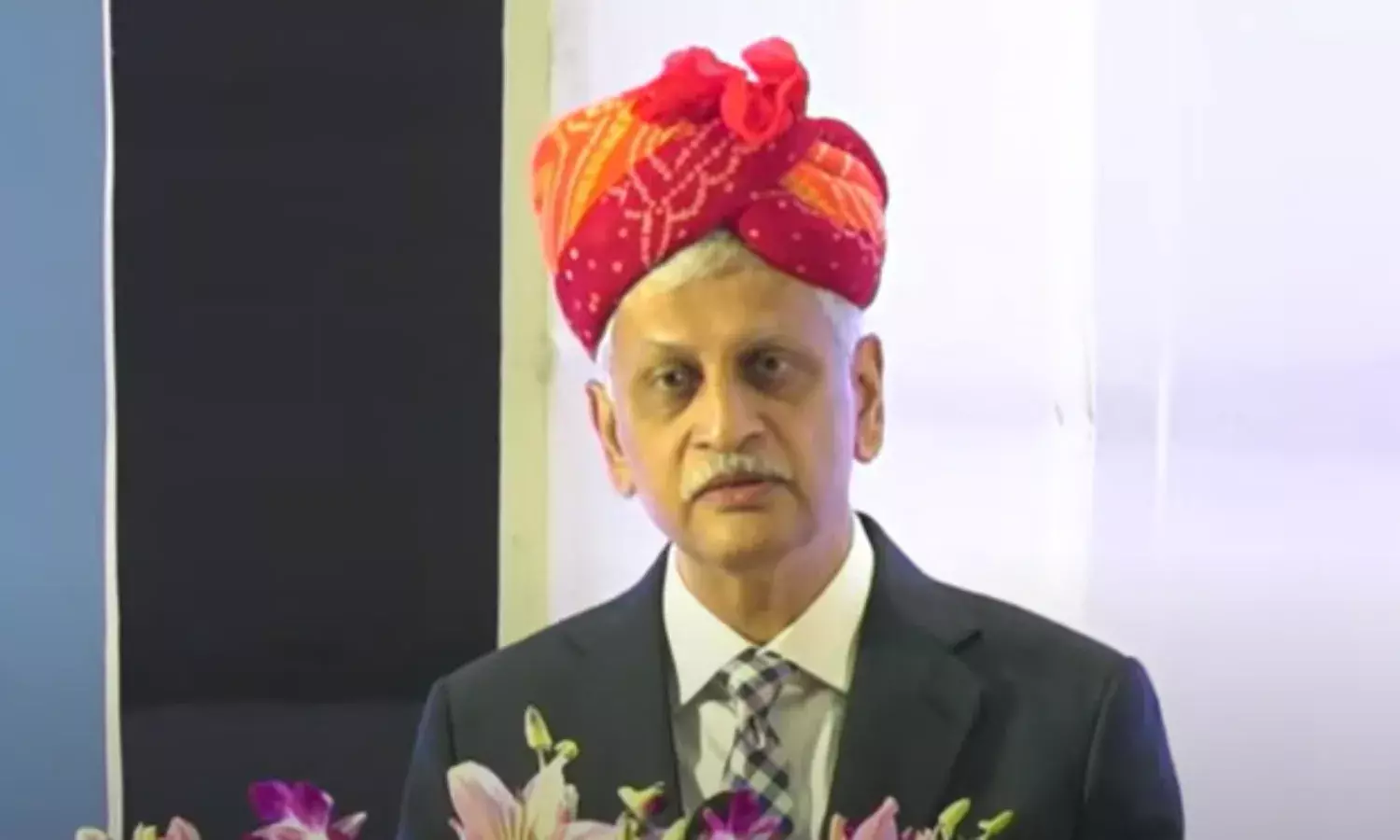Litigation Is Like Bleeding Wound: Justice U U Lalit Calls For Legal Aid For Poor
Litigation Is Like Bleeding Wound: Justice U U Lalit Calls For Legal Aid For Poor
Litigation is like a bleeding wound and the more it is allowed to bleed, the more will the man suffer, Chief Justice of India-designate Justice Uday Umesh Lalit said on Sunday.
Justice Lalit, also the Executive Chairman of National Legal Services Authority (NALSA), was formally launching the recently-introduced Legal Aid Defence Counsel (LADC) system in 365 District Legal Services Authorities at a hybrid event organised at Vigyan Bhawan in New Delhi.
LADC, constituted under NALSA, intends to provide free legal assistance to the poor who are forced to hire private counsel to fight their criminal cases, and in the process, end up losing their assets.
Justice Lalit, who will take charge as the CJI on August 27, highlighted that over 70 per cent of the population is below the poverty line and only 12 per cent opt for the free legal aid provided by legal services authorities.
"What does the population between 12 per cent to 70 per cent do?" he said, adding, "That means the difference between 12 per cent and 70 per cent is not with us. They have solicited the engagement of private counsel... They must have sold their assets, they must have sold their jewellery, they must have mortgaged their properties, that is what the litigation brings in. Litigation is like a bleeding wound. The more you let it bleed, the more will the man suffer," he said.
Legal aid needs to give confidence to such people that the system can lead them through this door to the "temple of justice" and that "it will be taken care of in the most professional manner", he added.
Elaborating on the LADC system, he said criminal cases are pursued on behalf of the state by public prosecutors, and on the similar line, such cases would be fought for poor litigants through this mechanism whose funding will also come from the government through the NALSA route.
He dubbed the situation where the poor are forced to hire private lawyers "malady of litigation" and said, in criminal cases, it so happens that the person accused is dragged into litigation.
The success of the LADC system would lie in extending a hand of confidence towards the people whose resources are eaten up in litigation and they get "sucked into this trap", he added.
He termed the LADC system an "initiative for transforming free legal aid, assistance and legal representation in criminal matters in line with the Public Defender System by engaging full time lawyers working exclusively for legal aid beneficiaries".
Justice Lalit thanked those associated with the legal aid movement for their achievements in the last 15 months.
He emphasized on the meaning and the need of LADCs in improving legal aid delivery mechanisms and recounted the achievements of NALSA.
"First is the 'Pan India Awareness and Outreach Campaign' spreading over a period of 42 days where the goal was to visit every village at least thrice. The idea was not merely to pay a visit but leave an imprint, a seed in every village for it to germinate and later bear fruits," NALSA said in a statement.
Justice Lalit also hailed the achievement in disposing cases through Lok Adalats.
"Every now and then, the Lok Adalat is improving figures, which is a milestone we have achieved. The third Lok Adalat which was conducted on August 13 in all 35 states/union territories, except Delhi, breached the 1 crore mark, thus creating history," the NALSA, referring to the statement of Justice Lalit, said.
However, this is not the time to be complacent because when the people are aware, their expectations will automatically arise. They will expect from the system to give them solace, which is the test of legal services institutions and this is where the practical begins, it said.
Justice Lalit concluded his address by appreciating NALSA's tableau hosted on the Republic Day last year and the launch of postal stamps.
After introducing the concept of LADCs as a pilot project in 13 districts of 13 different states, NALSA evaluated the success and satisfaction level of legal aid seekers and decided to introduce the same with modifications in all districts, the statement said.
With PTI inputs




